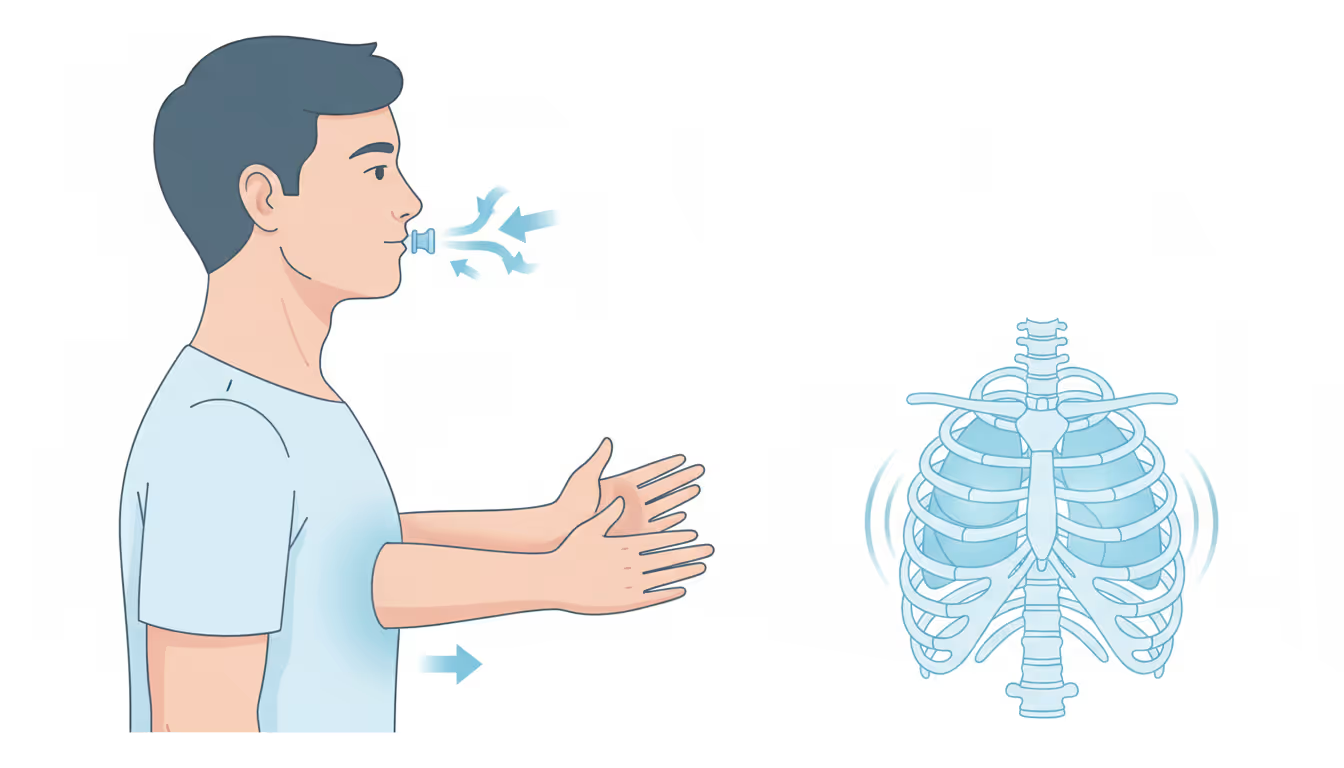
Granulomatous colitis refers to inflammation of the large intestine. Crohn's disease is a persistent inflammatory condition that mainly affects the small and large intestines but can also involve other areas of the body. The disease was named after the physician who first identified it in 1932. Typically, Crohn's disease is diagnosed in individuals during their teenage years or twenties, but it can manifest at any age. The condition can be chronic, with varying levels of symptoms, sometimes requiring treatment and other times not.In its milder form, Crohn's disease results in small, scattered, shallow erosions known as aphthous ulcers on the bowel's inner lining. More severe cases can lead to the formation of larger, deeper ulcers that may cause scarring, stiffness, and narrowing of the bowel, potentially resulting in obstructions. These deep ulcers might also create perforations in the bowel wall, leading to infections in the abdominal cavity (peritonitis) and other organs.There are various forms of Crohn's disease: when it affects only the large intestine, it is referred to as Crohn's colitis, while involvement of the small intestine alone is termed Crohn's enteritis. The most frequently affected section of the small intestine is the terminal portion, known as the ileum, and active disease here is called Crohn's ileitis. When both the small and large intestines are involved, the condition is known as Crohn's enterocolitis (or ileocolitis). Additional terms may be used to describe specific patterns of the disease.Symptoms of Crohn's disease include abdominal pain, diarrhea, vomiting, fever, and weight loss. It can also be associated with painful red skin nodules and inflammation of the joints, spine, eyes, and liver. Diagnosis is often made through imaging tests or endoscopy. Treatment typically involves anti-inflammatory medications, immune suppressants, or antibiotics, and surgery may be required in severe cases.Crohn's disease is a focus of ongoing research worldwide, with new treatment strategies being explored that hold promise for improving the quality of life for those affected.




